DOCUMENTARIES
HOT DOCS 2020: ONCE UPON A TIME IN VENEZUELA
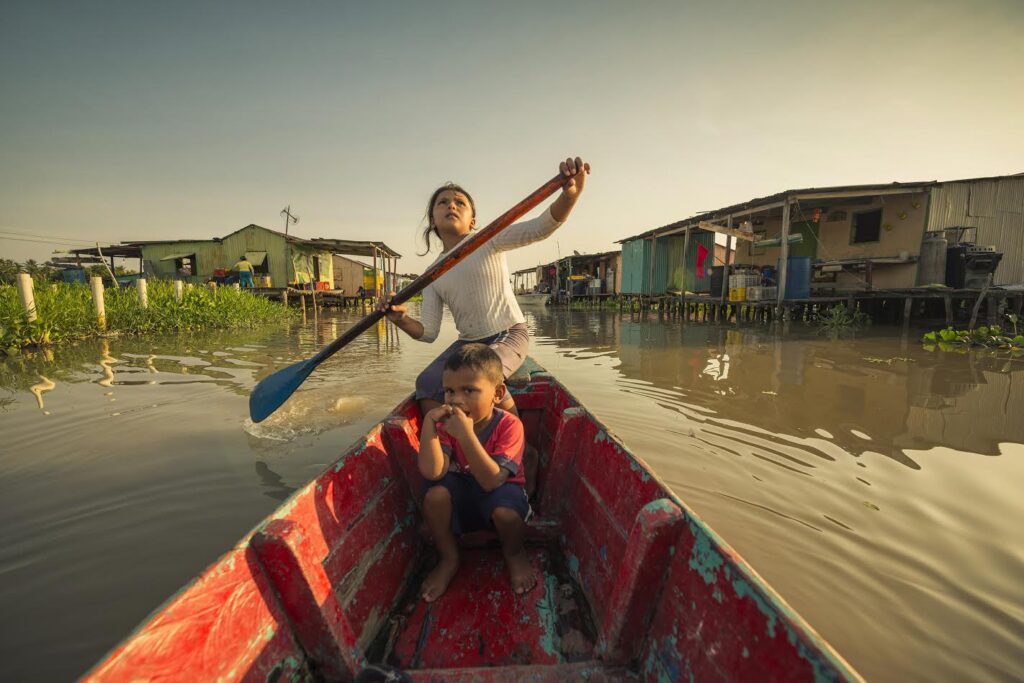

We’re all aware that the country of Venezuela is experiencing many problems. From media sources around the world, a lot of the information conveyed is biased about the country serving their political agendas. There is no doubt there is much corruption in Venezuela and they are going through difficult times where there seems to be no light at the end of the tunnel. What we need to understand is that we need to trust those who are native to the country who will give you their trusting reflection. Anabel Rodríguez is a filmmaker who wants to make light of what is truly going on in her country specifically in the area of Congo. Her film Once Upon A Time in Venezuela vritually streaming at Hot Docs this year is an engaging masterpiece about a community of the verge of displacement.
There is suffering because of sedimentation and a much needed political body that would sustain the country and the community of Congo is non-apparent. An exodus is about to take place where the future of this once-successful remote fishing village was pure and had a lot to offer. Only someone like Anabel has been able to document the slow downturn of Congo over the past five years. FERNTV spoke to director Anabel Rodríguez about this inspiring and truthful reflection of Congo in the country of Venezuela.
FERNTV: What made you decide to focus on this community in Congo for this film? What intrigued you?
Anabel: It was a natural chain of events, more than an open initial intention that brought us there. Years ago we went to Congo Mirador to shoot the Catatumbo lightning and in Congo Mirador is one of the places in which one can see it more clearly. It has been a well-known spot to do so and has been visited by tourists and specialist photographers from the main media of the world.
Back then, in those long nights, a bunch of kids rowing tiny boats improvised from petro canisters approached us. We became friends. Years later we shot with them a short film called The Barrel, which focuses on races that these kids organize amongst themselves. This short film can be seen on our website www.onceuponatimeinvenezuela.com
During that shooting we learned that the village was getting sedimented, people were migrating because the village was getting lost, and the government, the only one with the possibility of making a costly engineering work in the area, was neglecting it. So, given that in this village I could see reflected many aspects and people that are representative of us Venezuelans as a society, plus the village itself is iconically, symbolically representative of Venezuela (a word that means Little Venice) I thought that there was a coincidence of elements that would make a story meant for these times.
FERNTV: Did you think that it would take you five years to make this documentary? What were your first thoughts at the beginning of how long you thought it would last?
Anabel: We had not a precise idea of how would it last. However, thinking about the sustainability of the project, we wished it lasted altogether with editing 3 years until the film was released.
Still, with such a process of sedimentation, it was not possible to foresee when would it show visually clearly what “sedimentation “ means.
On the other hand, we expected that the government would do something, overall after Arias Cárdenas, the region governor that Tamara Villasmil visits promised to put some attention into it. They did so palliative work in the village during the shooting, but unfortunately, not the structural hydro-engineering work that would have been needed.
FERNTV: What was it that inspired you to keep on going in times of doubt?
Anabel: The determination of putting together a story that would portrait vividly the social problems of my country and bringing it into the world.
FERNTV: What was the biggest challenge in making this film?
Anabel: At some point, Congo Mirador was taken by “paracos” (former Colombian paramilitaries that with the Colombian peace process, moved into Venezuela to continue their occupation privately, by offering security services)
We were not allowed to film them, still, as a narrator, it was a tough decision to put on the side this fact because their arrival into the village is one of the clearest signs of the vulnerability, abandonment and loneliness of our rural areas in the country. Once the paracos come into a village, they just take more and more spaces, even to a point in which people have to leave and become displaced.
This was not exactly the case in Congo Mirador, as the sedimentation and government neglecting pushed people away before the pressure of the paracos.
Was there someone that you became attached to while making this film?
Yes. Several people. First, to Arcenio Hernández, a young man from Congo Mirador who shot this film together with us. Arcenio is the son of the village Sheriff, Edín Hernández, and together with his brother Pedro Hernández, who was our paramedic, were the force that keeps us linked with the community. Arcenio, who was a policeman back then, fell in love with filmmaking, and up to today, he would love to become one. Nowadays I consider Arcenio my brother.
With Natalie the teacher, I am still in contact. Her daughter is my godchild (Pattenchild) So, Natalie and I are “comadres”
FERNTV: Can you comment on the fact that behind all that is poor in this community there is a colourful beauty behind it?
Anabel: Yes, indeed. Congo Mirador had been for many Venezuelan photographers an inspiration, because of the light and the colourfulness of its houses.
In my case, it is in this area where I have seen the most beautiful light I have ever seen.
In general, Maracaibo Lake that is an enormous area that includes this former Lagune in which Congo Mirador is is known by Venezuelans as the land loved by the sun, for two reasons: its enormous heat (40 degrees Centigrades even) and because of its light.
FERNTV: The cinematography is beautiful in this film. Can you comment on the experience of filming plus who helped you with the cinematography?
Anabel: John Marquez is the Director of Photography of the film, who we invited since the year 2014. That means that he was more or less from the beginning. I had already begun the process of relating to the people of the community and filming. Back then it was me and a production team, mainly Arcenio. But, I wanted to bring on a DoP that would propose an image that would make justice to the beauty and at the same time, the strangeness of the place.
It took us maybe two or three shooting periods over one year, to synchronize our sensitivities around the act of filming, as well as to get blended into the community. And all in all, after these years of working together, finally we have a filming team confident and instinctively synchronized to shoot verité style films.
You can check out Johns work in Instagram @ionmarquez
FERNTV: How does it feel to be part of Hot Docs this year?
Anabel: It is totally special for me and Sepp Brudermann, producer and editor of the film, my partner-in-film crime. We are like Don Quijote and Sancho Panza.
Well, we have a long-lasting relationship with Toronto as a city, as we have made other artistic projects in the town and have many very dear friends there. Our son was made in Toronto ( hahaha!) I always have the thought that my son’s soul is Torontonian. We do love Toronto, it’s a way of living, its lake, its freedom and overall its people.
And with HotDocs we have a very dear relationship as well as they have supported our work for years. First with our short film that I did mention, The barrel, which competed in the year 2014. Later, this film we pitched at the HotDocs Forum in 2018. From that moment lots of support came to the film, including the relationship with Harry Vaugh of the Sundance Film Festival who spotted our film there. And later, HotDocs is supporting us through there program of fair investment called HotDocs Partners through which private investors of Ontario supported the complexion of our film. From the institution, Elizabeth Radshaw, head of Hotdocs Forum, a truly brilliant woman, together with the brilliant too Olena Decock, Industry Programmer at HotDocs, have been a telluric force that is accompanying us as independent film producers and who have put trust in our voice as an artist.
Something that I find amazing in the city is how its citizens go massively to watch documentaries! How they fill the cinemas! It is a great audience to play a film to. In conclusion, for us to be in HotDocs, and to be in Toronto, even if it´s online, it is like to be at home, in which we feel loved and save.
-

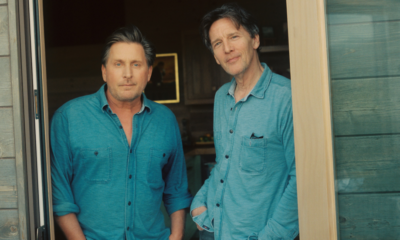

 ACTORS/ACTRESSES12 months ago
ACTORS/ACTRESSES12 months agoBRATS @Tribeca Film Festival 2024
-

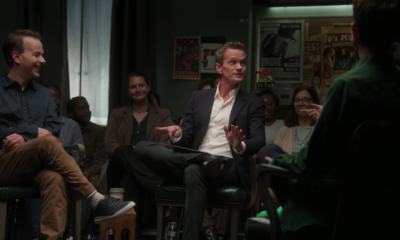

 FEATURES12 months ago
FEATURES12 months agoGroup Therapy @Tribeca Film Festival 2024
-

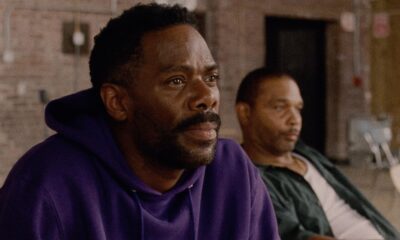

 ACTORS/ACTRESSES12 months ago
ACTORS/ACTRESSES12 months agoColman Domingo Blesses in Sing Sing @SXSW 2024
-



 ACTORS/ACTRESSES11 months ago
ACTORS/ACTRESSES11 months agoFuriosa Gets a Stunning 7-Minute Standing Ovation @Cannes 2024
-

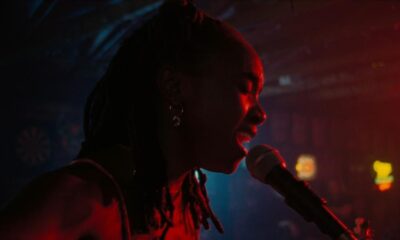

 BIPOC12 months ago
BIPOC12 months agoDandelion Exceeds Expectations @SXSW 2024
-

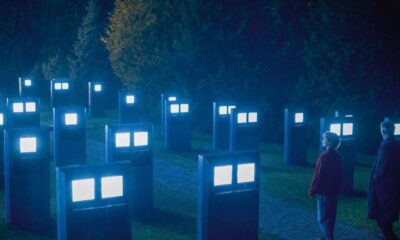

 FEATURES12 months ago
FEATURES12 months agoDavid Cronenberg’s The Shrouds to Premiere @Cannes 2024
-

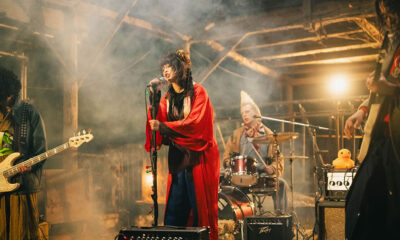

 FEATURES6 months ago
FEATURES6 months agoThe Gesuidouz Rocks Up @TIFF 2024
-

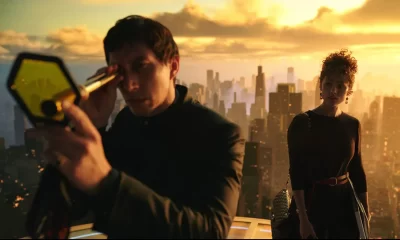

 ACTORS/ACTRESSES11 months ago
ACTORS/ACTRESSES11 months agoMegalopolis Receives Massive 10-minute Standing Ovation @Cannes 2024
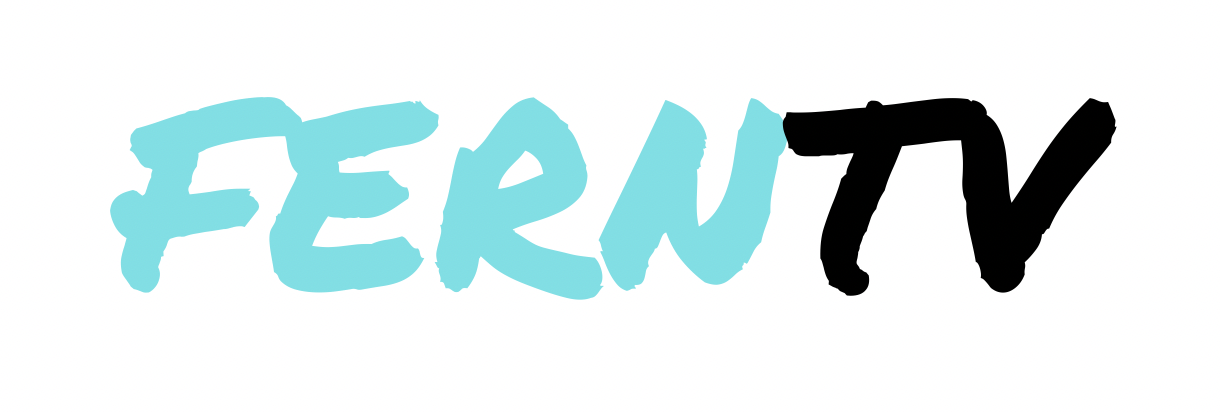
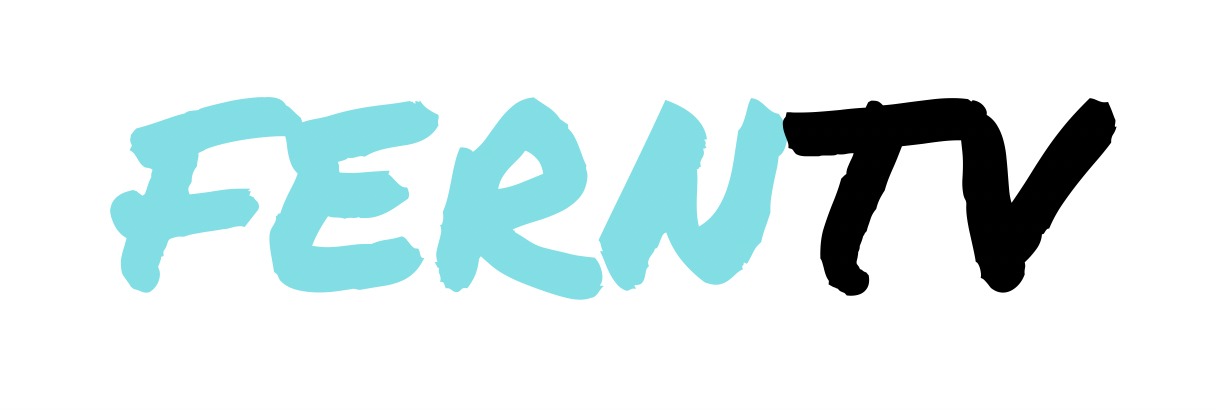
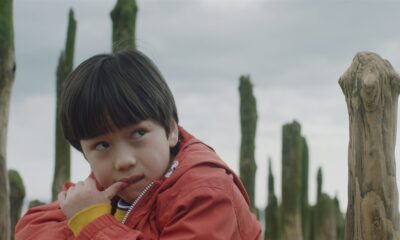

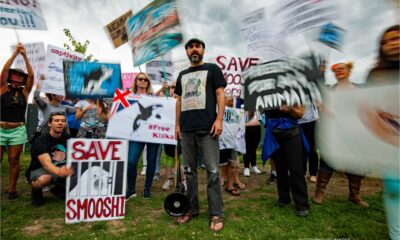

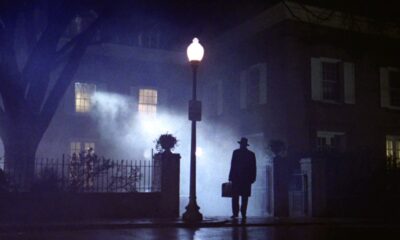

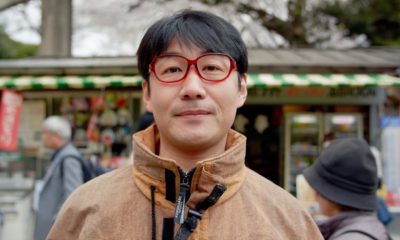

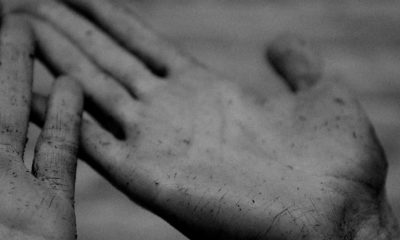

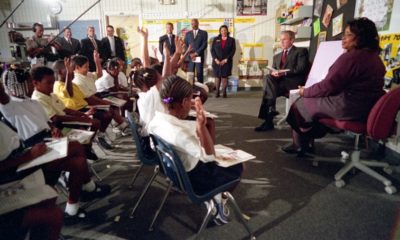




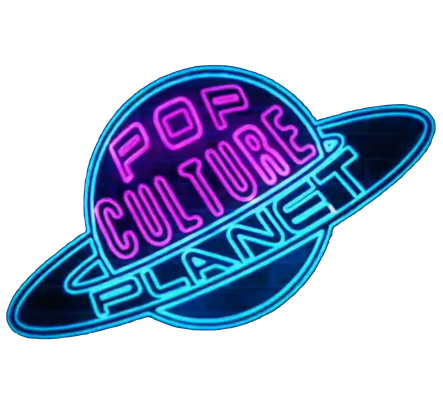
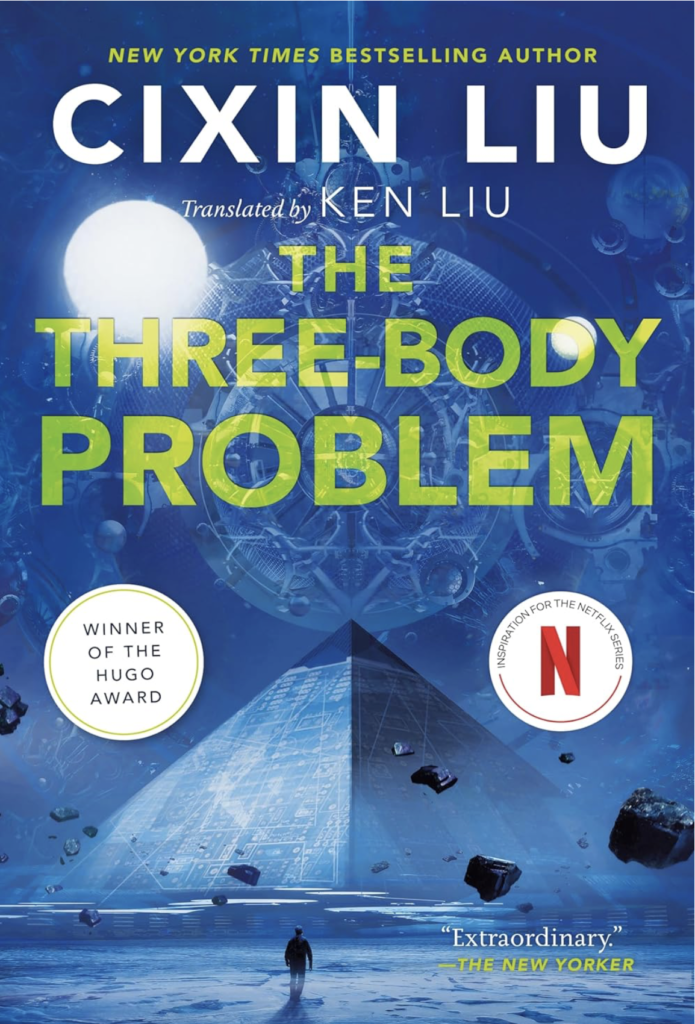
Pingback: Smith and Wesson Firearms For Sale